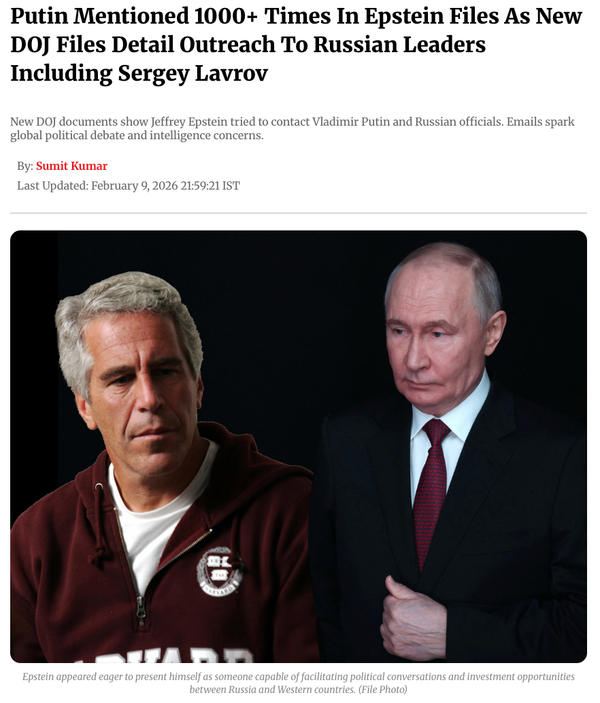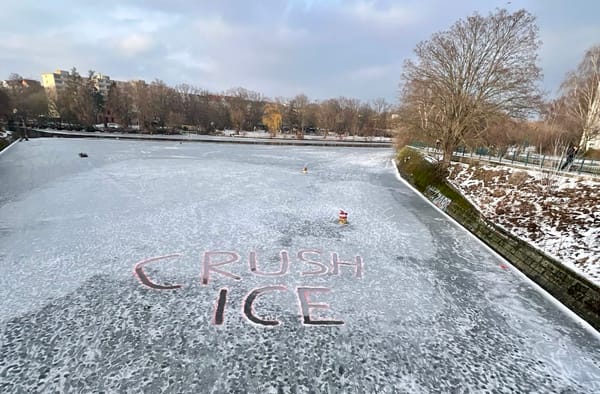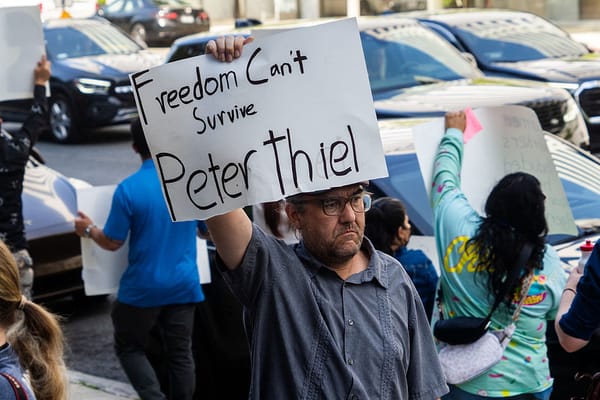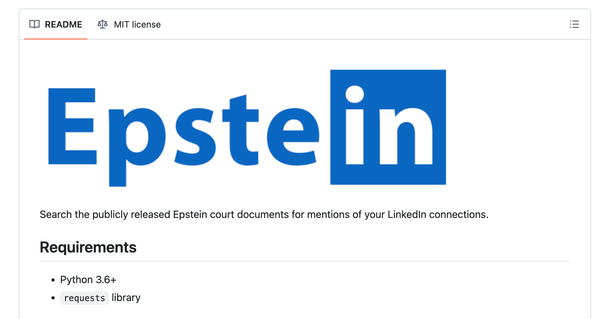The Case We Shouldn’t Have Had to Bring
Why three ex-MPs are taking Britain to Europe’s “Supreme Court” to defend our elections

One scandal at a time, Britain has trained itself not to look.
The government didn’t look when Parliament’s own Intelligence and Security Committee warned -in black and white - that Russia had targeted our democracy. It didn’t look when Boris Johnson shelved the Russia Report and refused to investigate. It didn’t look as disinformation became the background noise of public life.
Citizens Reunited is a reader-supported publication. To receive new posts and support my work, consider becoming a free or paid subscriber.
And then, this autumn, the pattern snapped into focus.
- A Prime Minister forced into a Commons row over the collapsed China espionage case, promising to publish witness statements and exposing the gap between warning and enforcement.
- Nathan Gill - longtime Farage ally - pleading guilty to eight counts of bribery after a Met Counter Terrorism investigation, with reporting describing payments for pro-Russia statements.
- A by-election in Caerphilly this Thursday 23 October, where Reform UK are fielding a candidate local outlets say previously worked with Gill - while Nigel Farage himself wades in.
Different stories. Same question: who is minding the guardrails of our democracy?
Today, three former MPs - Caroline Lucas, Ben Bradshaw and Alyn Smith - are making that question impossible to ignore. They’ve lodged a referral to the Grand Chamber of the European Court of Human Rights - the court’s equivalent of a Supreme Court - to force what the UK government has refused to do: investigate credible foreign interference and put real safeguards in place.
Watch this film we made a couple of years ago - for a quick recap!
This is the final stage of a five-year fight that began in 2020, after the Russia Report. Back then it was the first time sitting MPs sued a British government over national security because the government wouldn’t even ask the basic questions.
You’ve been here for all of it, and now finally, the end is in sight, and the opportunity to win this victory is in our grasps.
HELP US Take this case to the Grand Chamber
What the court has already said - and why it isn’t enough
In July, the European Court of Human Rights recognised something historic: European states have a positive obligation to protect citizens from covert foreign influence and disinformation. But the judgment stopped short. It did notrequire the UK to investigate credible interference, nor did it set practical, reviewable duties to prevent it.
That’s what this Grand Chamber referral asks for - clear, enforceable obligations under Article 3 of Protocol 1 (the right to free and fair elections):
- Investigate credible interference.
- Safeguard the system against hostile state activity - whether from Russia, China, or anyone else.
- Balance this with free expression in a way that protects voters’ right to receive real information, not a firehose of manipulation.
As Caroline Lucas puts it, rights are “theoretical” if governments aren’t required to act. Ben Bradshaw warns the public must be confident in the resilience of our processes. Alyn Smith is blunt: the UK “did not find much evidence… because they had not been looking.”
Why it matters now
Look again at the headlines. The China-spy row shows we still lack a robust, trusted process for handling serious allegations that strike at the core of sovereignty. The Gill case shows how money, messaging and geopolitics fuse in the shadows. The Caerphilly by-election shows how quickly these stories spill into real votes, real choices, real consequences.
This is not just history catching up with us. It’s the present tense.
If a five-judge panel accepts the referral, the case moves to a 17-judge Grand Chamber. The previous judgment is set aside, submissions are refreshed, and a final, unappealable decision follows. In plain English: this is the moment Europe can tell Britain - clearly - what it must do to protect free and fair elections.
SUPPORT OUR 5 year campaign - the last push
How we got here (and why we won’t stop)
We helped initiate this action because a government suppressed a report, then refused to act on it. Courts have now recognised the threat, but without investigations and safeguards, we’re still in the dark. That’s why we’re appealing. And that’s why we made Sergei and the Westminster Spy Ring - our podcast that hit No. 1 and was a British Podcast Awards-nominee, to tell the story of the cover-up.
If you believe democracy isn’t “theoretical,” help us make it practical
This is a crowdfunded case. Public money got us this far. You - our supporters footed the bill for the legal action, and for the podcast - and once again we need your help. Only public support will get us over the line - both to complete the appeal and to resource the reporting and advocacy around it.




